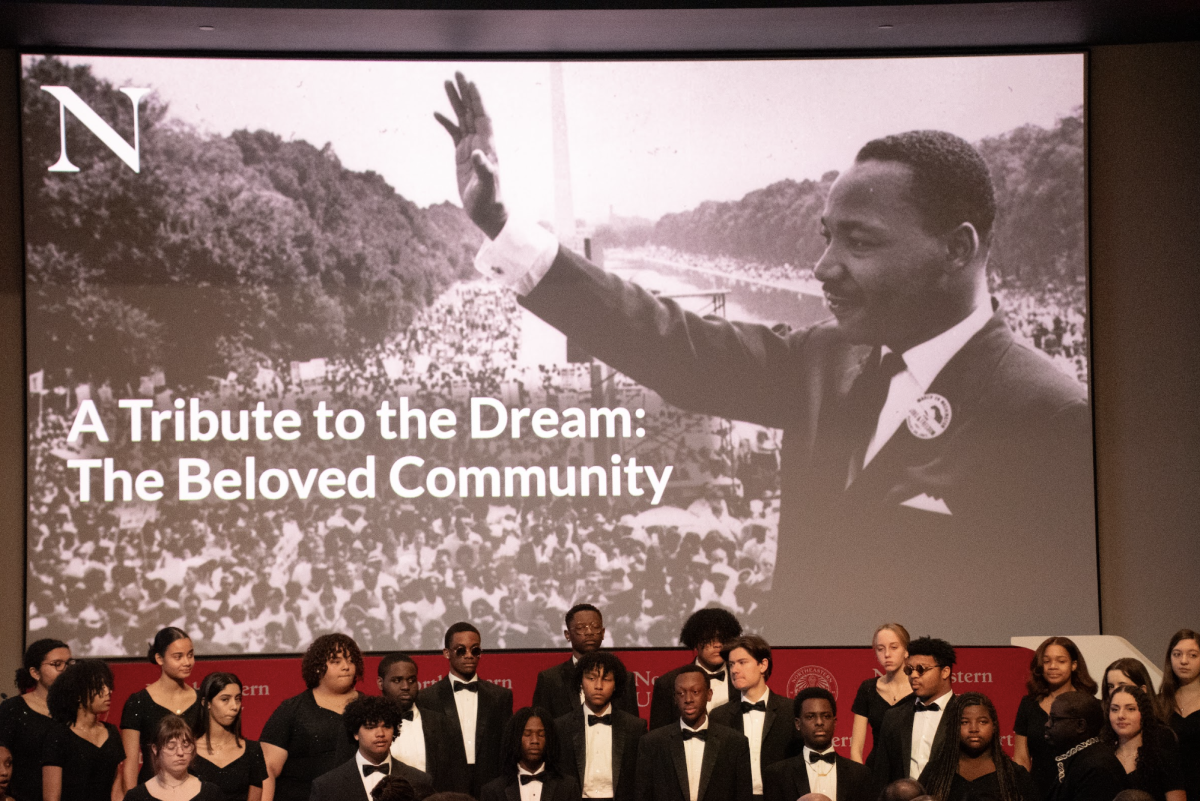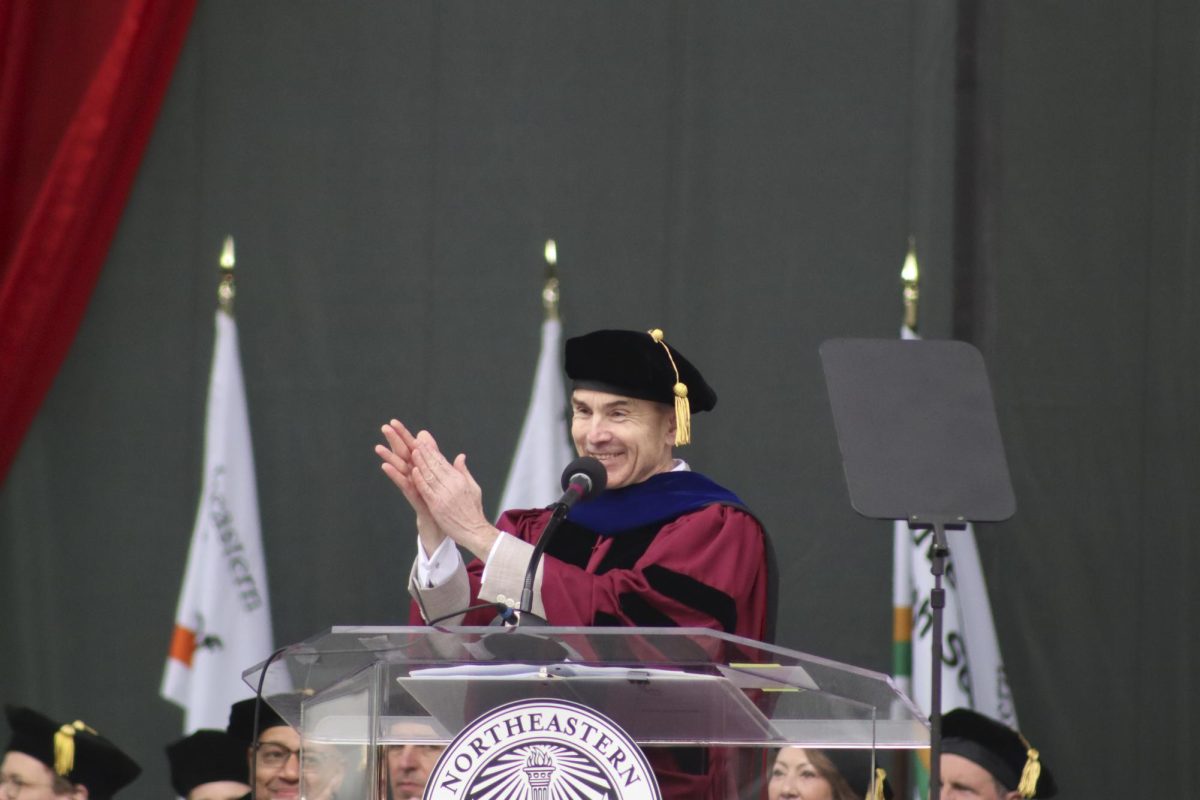By Rob Tokanel, News Staff
Of the 10 students tested for mumps following a campus wide alert April 16, five have been confirmed to have the virus so far, the director of University Health and Counseling Services (UHCS) said yesterday. The number represents an increase of three cases since Saturday, when Vice President of Marketing and Communications Mike Armini told The News only two students had the virus.
UHCS Director Madeleine Estabrook said UHCS has not tested any additional students since testing started on the 10 students about a week and a half ago. The new confirmed cases are the result of more stringent testing, she said. Some testing for the five unconfirmed cases is still pending because tests for the mumps not performed in labs are not always accurate.
Estabrook said not all of the students tested or infected had any notable connections to one another.
‘Among all of them there were a few that were connected, but not all of them,’ she said. ‘That was the reason for the concern that the university indicated.’
The Northeastern community was originally notified of the potential outbreak April 16, when campus-wide e-mail and text message alerts were sent to notify community members that four students were being tested for suspected cases of the mumps.
Armini said Saturday that the outbreak has not been as large as the university originally feared it may be. While Estabrook said she feels confident that Northeastern has seen the end of the possible mumps cases, there is still reason to be cautious.
‘I think we’re out of the woods with the current mumps infection, but even with a highly immunized population, the mumps vaccine only has about a 90 percent coverage,’ she said.
Estabrook said of the 10 students tested, seven agreed to participate in a study by the Center for Disease Control and Prevention (CDC) that seeks to detect new ways of identifying the virus in its early stages. The students gave blood samples to be examined at the molecular level, she said.
‘[The test] may have been able to assist in the development of a faster first test in a highly vaccinated population,’ she said.
Before attending Northeastern, most students are required to receive an MMR vaccination, which protects against measles, mumps and rubella and is typically given as a series of shots when people are young, Armini said Saturday. Students with confirmed cases of the mumps are given the same treatment as those with suspected cases, Armini said, which includes isolation. Recovery time is a few days, he said.
Estabrook said some students have visited the University Health Center with concerns about the mumps and swine flu, but she would recommend the same precautions regardless of what illness a student may suspect he or she has.
‘Anybody who is concerned should make an appointment, but for anybody who is sick we’ll ultimately be suggesting they stay home from school or work, take appropriate precautions and remember this is true whether it is seasonal flu, H1N1 flu, strep throat or any other illness,’ she said.








